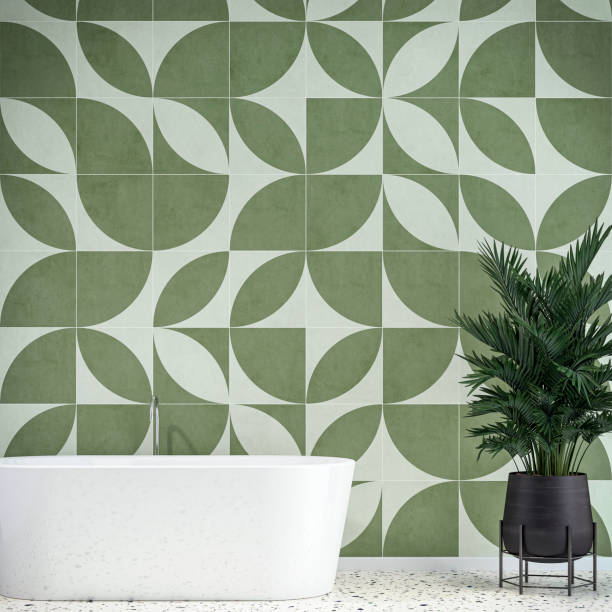The Resurgence of Terrazzo: A Blend of Tradition and Trend
Terrazzo, a composite material of marble chips set in cement, has a storied past that reaches back to the Venetian Renaissance. Its versatility, longevity, and unique aesthetic have secured its place in architectural design from ancient times to the present day. Terrazzo was initially a cost-effective solution for building high-quality flooring with scrap materials. Today, it is experiencing a resurgence as a stylish and sustainable choice for home and garden design.

Terrazzo in Historical Context
Terrazzo dates back to 15th century Italy, where it was developed as a way to repurpose marble remnants. Venetian construction workers discovered that marble chips, when set in clay and polished, created durable and attractive floors. This unique blend of practicality and aesthetics was quickly adopted by the wealthy, and terrazzo spread throughout Europe and beyond. Over the centuries, it was used extensively in public buildings, grand estates, and modernist architecture.
The Modern Terrazzo Trend: Beyond Flooring
In recent years, terrazzo has made a surprising comeback in home design, and not just underfoot. Designers are incorporating it into countertops, backsplashes, and even furniture. This trend reflects a growing appreciation for materials that are both beautiful and sustainable. Terrazzo’s durability and ease of maintenance add to its appeal for modern homeowners.
Practicality and Market Trends
The use of terrazzo isn’t just a design trend—it’s a practical choice. Terrazzo is highly durable and can last for decades with minimal maintenance. It’s also versatile, with the ability to be cast in almost any shape and dyed in a wide range of colors. As consumers become more eco-conscious, the fact that terrazzo can be made from recycled materials makes it an even more attractive option.
Enhancing Daily Living with Terrazzo
Terrazzo offers a unique way to enhance daily living with its blend of tradition and modernity. Its speckled appearance adds texture and depth to any room, while its sustainability credentials can contribute to a more eco-conscious lifestyle. In gardens, terrazzo planters or patio tiles can create a striking visual element that withstands the elements.
The Future of Terrazzo in Home and Garden Design
As designers continue to innovate, it’s likely that terrazzo’s use will expand further. It’s a material that combines the best of the old and the new—timeless beauty, modern appeal, and sustainable construction. It’s a testament to design’s ability to evolve while staying rooted in tradition.
In conclusion, terrazzo’s resurgence is more than just a passing trend. It’s a reflection of how home and garden design can honor the past while embracing the future. Terrazzo is a prime example of how something old can become new again, proving that good design never goes out of style.




